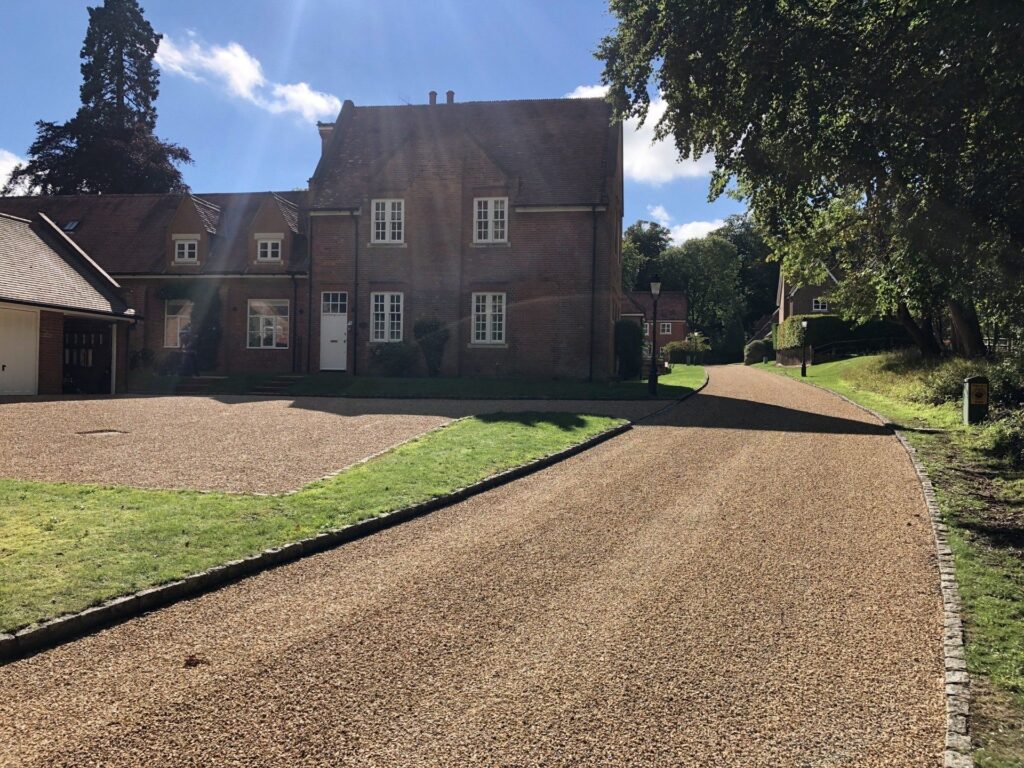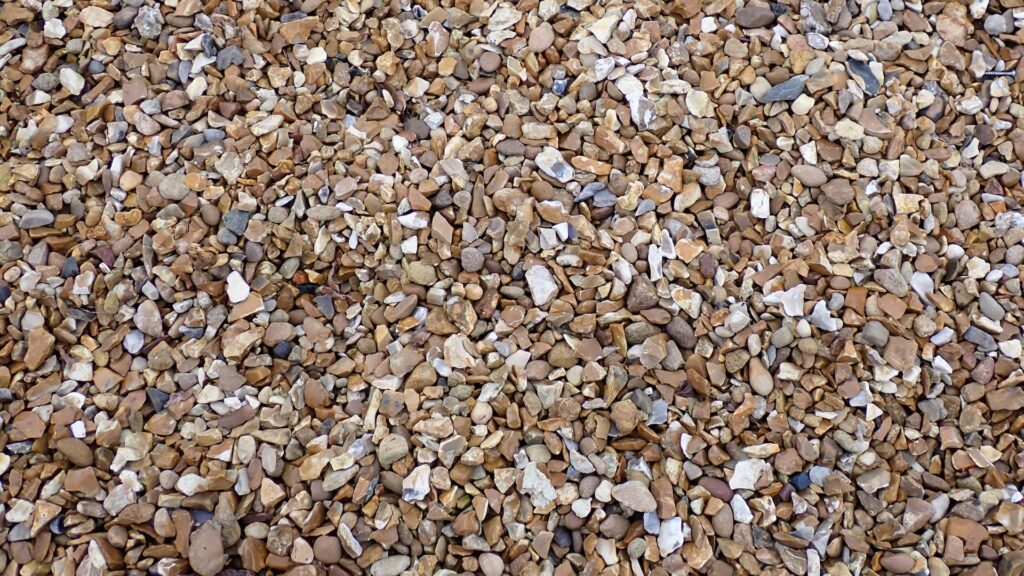Asphalt and blacktop are often referred to interchangeably and are sometimes thought to be the same thing. However, whilst asphalt and blacktop are similar in lots of ways, they also have a few key differences. At Hazell & Jefferies, we’ve taken the guesswork out of it for you.
Asphalt and blacktop are made up of the same ingredients, but are formed in different ways.
Asphalt is made up of the heaviest elements in petroleum combined with crushed stone. This combination is mixed in a drum and is heated to 250 degrees, where the temperature is maintained throughout the mixing process for optimum consistency.
Blacktop uses a lot more stone than asphalt, and is heated to a much higher 300 degrees as it’s made. This higher temperature and higher proportion of stone in the mixture makes blacktop more durable than asphalt over long periods, letting it bend and shift rather than just crack under wear and tear.
Asphalt and blacktop look very similar to the untrained eye, but blacktop is definitely the more aesthetically pleasing option. You may have noticed that blacktop can appear to be sparkling or glittery in the sun. This is because of the amount of crushed stone in there, which catches the light and creates that lovely glittery effect on the surface. Asphalt has a duller, more matt appearance.
Asphalt and blacktop each have multiple uses, and whilst some are interchangeable their distinct properties make them perfect fits for certain tasks. Blacktop is durable and flexible, which makes it great for general wear and tear. It is also easily repairable, which is essential for situations where you need to be able to make small repairs rather than just replace the whole thing.
On the other hand, asphalt is extremely strong and great for more industrial and high-intensity projects. Asphalt can also be used in ways that have nothing to do with paving, because of its consistency and waterproofing properties.
Asphalt can withstand heavy-duty pressure and extreme weather conditions, and as such it is commonly used for motorways and major roads, as well as airport runways and helipads.
Asphalt is also water resistant, which blacktop is not, so is ideal for use in situations such as pool lining, reservoir lining, and damp proofing. It can even be used as soundproofing.
Blacktop is great for lighter loads, and can be repaired very easily, which makes it a great choice for more everyday uses such as pavements, pathways, driveways, smaller roads, playgrounds and car parks. In conclusion
It’s clear that asphalt and blacktop have lots of differences, from the way they’re made, to the way they look and all the different ways in which they can be used.
If you need surface dressing with asphalt or blacktop, or for help and advice on which might be right for your project, don’t hesitate to get in touch with our team of friendly experts at Hazell & Jefferies.

